#Solarpunk book
Explore tagged Tumblr posts
Text
Hello! I’m making this post to share an open call for Solarpunk Artists! I’m not the one to make this form, nor am I the who who’s going to make a book about Solarpunk Farming. However this person is and is looking for artists to add artwork to said book!
The deadline is May 5th '25. More details in the form. Check it out!
#Solarpunk#open call#art#artists#book#Solarpunk book#farming#solarpunk farming#solarpunk art#nonfiction
129 notes
·
View notes
Text

Babies by Japanese-American author Gyo Fujikawa was first published in 1963, and stands as a landmark: it was the first children's book to depict infants of all races and nations sharing growing experiences.
2K notes
·
View notes
Text
Reading is political.
They've burned books in the past.
They're banning books now.
Reading is political.
They want to cut funding from libraries.
To have access to books is a privilege.
Please sign up for a library card at your local Library, it helps even if you don't use it much. If you can't often go to the library in person you can use your library card to get ebooks and audiobooks from the Libby app.
Reading is political.
It doesn't matter what kind of book, fantasy, romance, horror, nonfiction, it doesn't have to be anything revolutionary, just read what brings you joy. Joy is resistance.
What are you reading right now?
#also audiobooks count as reading don't let anyone tell you otherwise#books#reading#punk#reading is political#library#booklr#solarpunk
587 notes
·
View notes
Text



🌿🌾 Dex and Mosscap - from A Psalm for the Wild Built
#Dex#Mosscap#a psalm for the wild built#a prayer for the crown shy#autumn#book#booklr#scifi#fanart#fantasy#solarpunk#monk and robot
903 notes
·
View notes
Text

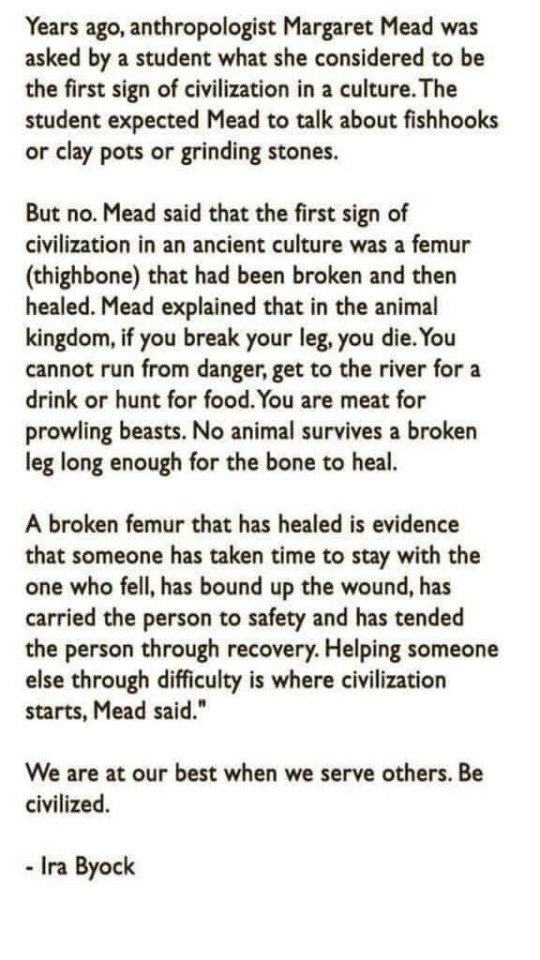
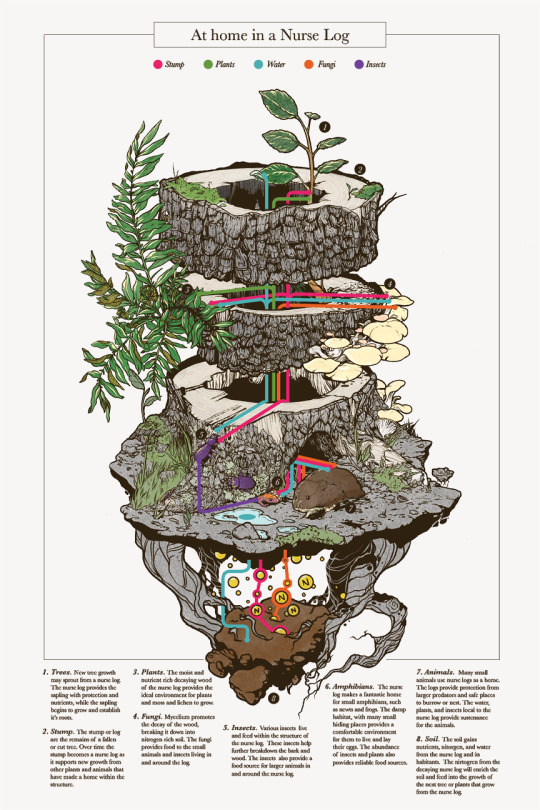
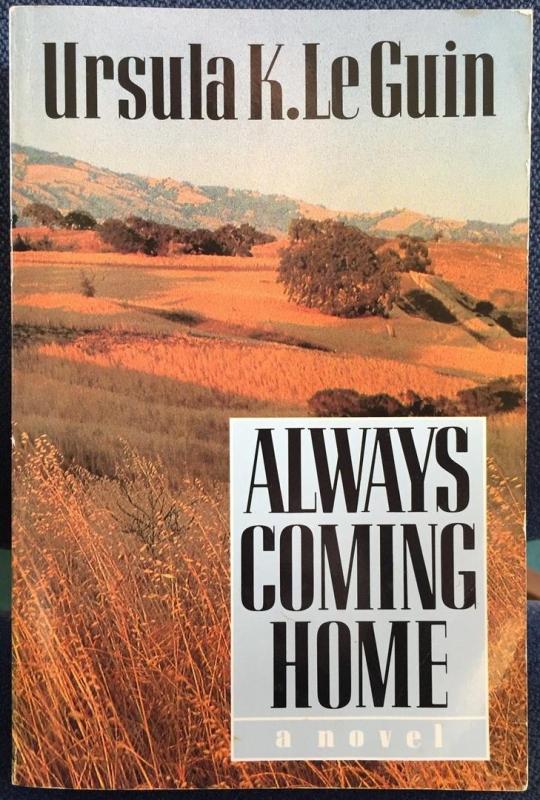
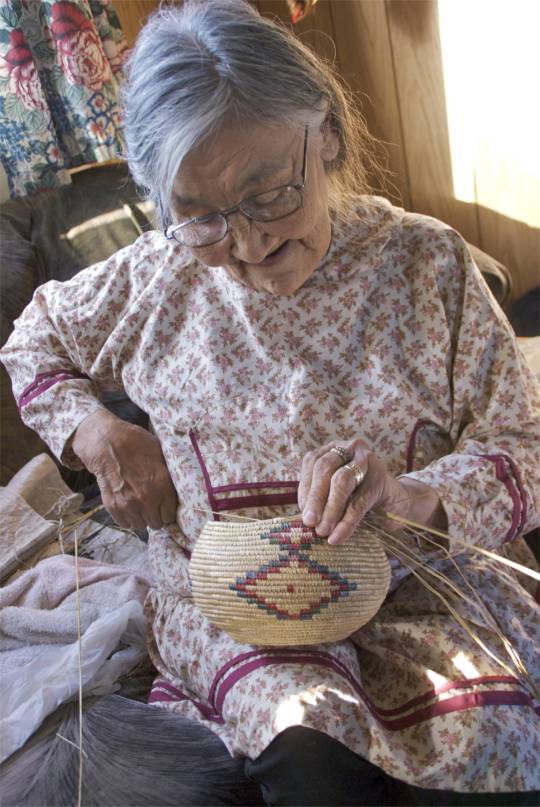

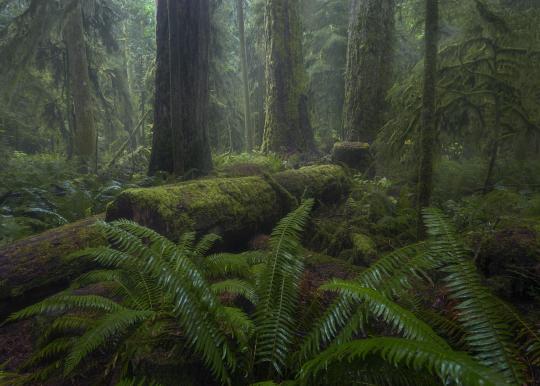
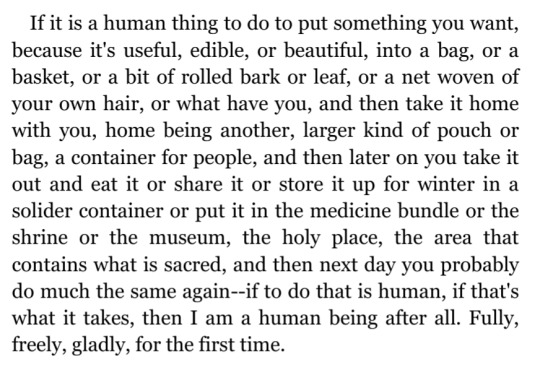
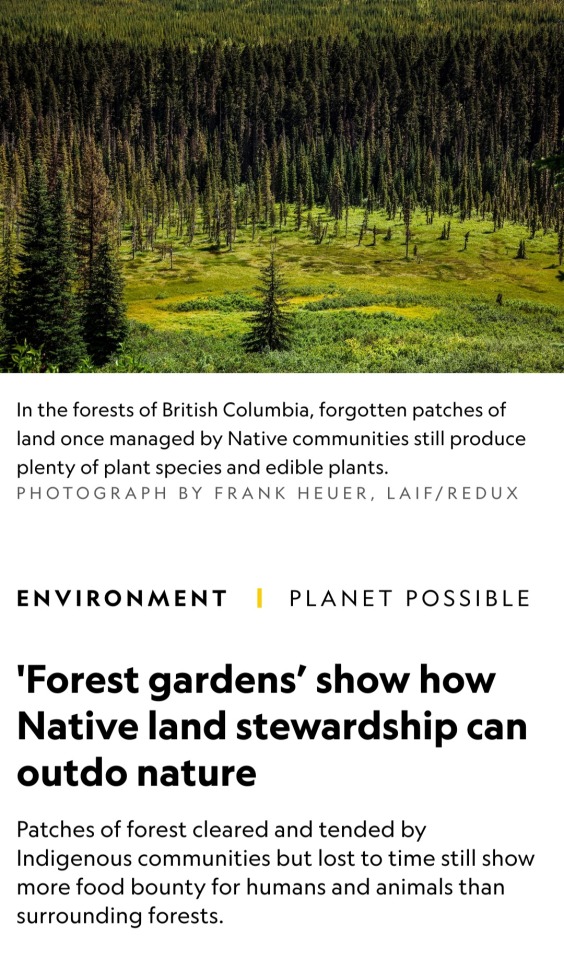

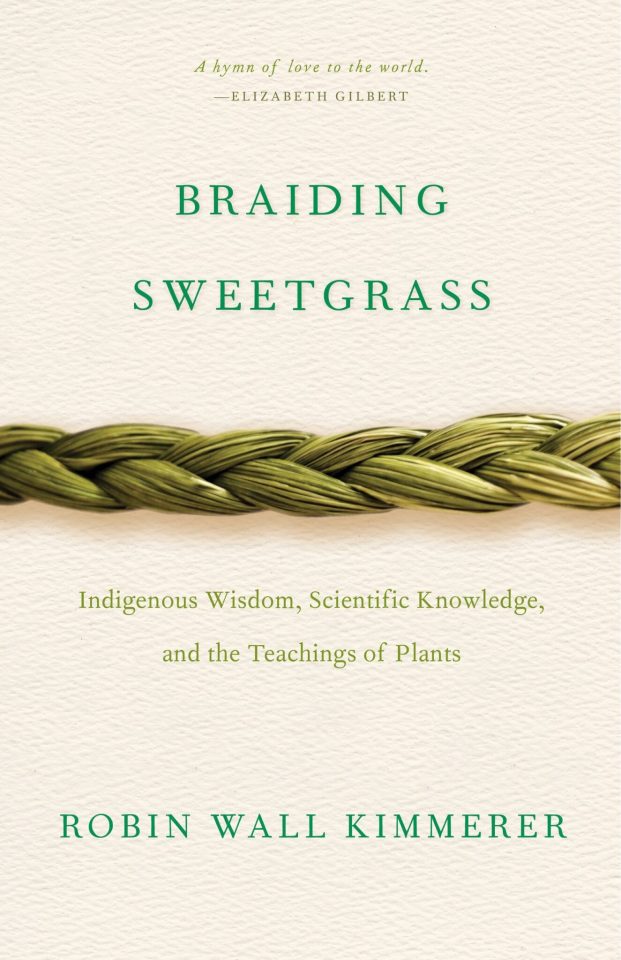
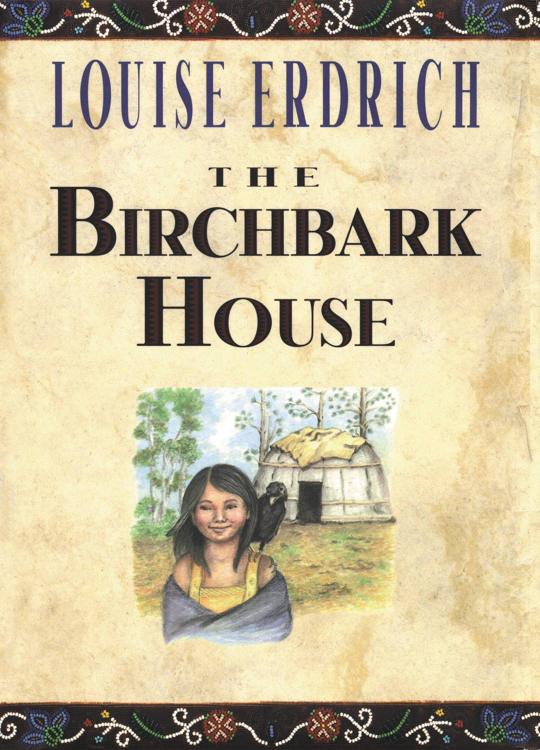

times, places, and practices that I want to learn from to imagine a hopeful future for humanity 🍃
the three sisters (squash, beans, maize) stock photo - alamy // anecdote by Ira Byock about Margaret Mead // art by Amanda Key // always coming home by Ursula K. Le Guin // Yup'ik basket weaver Lucille Westlock photographed by John Rowley // the left hand of darkness by Ursula K. Le Guin // photo by Jacob Klassen // the carrier bag theory of fiction by Ursula K. Le Guin // article in national geographic // the dawn of everything by David Graeber and David Wengrow // braiding sweetgrass by Robin Wall Kimmerer // the birchbark house by Louise Erdrich // photo by John Noltner
I'm looking for more content and book recs in this vein, so please send them my way!
#solarpunk#hopepunk#braiding sweetgrass#just a collection of books and pictures that make me hopeful for the future#margaret mead#robin wall kimmerer#nature#ursula k le guin#ursula k. le guin#the left hand of darkness#the carrier bag theory of fiction#the dawn of everything#anthropology#future#hopecore#native plants#biodiversity#sustainability#eco#eco friendly#louise erdrich#civilization
4K notes
·
View notes
Text
I’ve teased it. You’ve waited. I’ve procrastinated. You’ve probably forgotten all about it.
But now, finally, I’m here with my solarpunk resources masterpost!
YouTube Channels:
Andrewism
The Solarpunk Scene
Solarpunk Life
Solarpunk Station
Our Changing Climate
Podcasts:
The Joy Report
How To Save A Planet
Demand Utopia
Solarpunk Presents
Outrage and Optimisim
From What If To What Next
Solarpunk Now
Idealistically
The Extinction Rebellion Podcast
The Landworkers' Radio
Wilder
What Could Possibly Go Right?
Frontiers of Commoning
The War on Cars
The Rewild Podcast
Solacene
Imagining Tomorrow
Live Like The World Is Dying
Books (Fiction):
Ursula K. Le Guin: The Left Hand of Darkness The Dispossessed The Word for World is Forest
Becky Chambers: A Psalm for the Wild-Built A Prayer for the Crown-Shy
Phoebe Wagner: When We Hold Each Other Up
Phoebe Wagner, Bronte Christopher Wieland: Sunvault: Stories of Solarpunk and Eco-Speculation
Brenda J. Pierson, Claudie Arsenault: Wings of Renewal: A Solarpunk Dragon Anthology
Gerson Lodi-Ribeiro: Solarpunk: Ecological and Fantastical Stories in a Sustainable World
Justine Norton-Kertson: Bioluminescent: A Lunarpunk Anthology
Sim Kern: The Free People’s Village
Ruthanna Emrys: A Half-Built Garden
Sarina Ulibarri: Glass & Gardens
Books (Non-fiction):
Murray Bookchin: The Ecology of Freedom
George Monbiot: Feral
Miles Olson: Unlearn, Rewild
Mark Shepard: Restoration Agriculture
Kristin Ohlson: The Soil Will Save Us
Rowan Hooper: How To Spend A Trillion Dollars
Anna Lowenhaupt Tsing: The Mushroom At The End of The World
Kimberly Nicholas: Under The Sky We Make
Robin Wall Kimmerer: Braiding Sweetgrass
David Miller: Solved
Ayana Johnson, Katharine Wilkinson: All We Can Save
Jonathan Safran Foer: We Are The Weather
Colin Tudge: Six Steps Back To The Land
Edward Wilson: Half-Earth
Natalie Fee: How To Save The World For Free
Kaden Hogan: Humans of Climate Change
Rebecca Huntley: How To Talk About Climate Change In A Way That Makes A Difference
Christiana Figueres, Tom Rivett-Carnac: The Future We Choose
Jonathon Porritt: Hope In Hell
Paul Hawken: Regeneration
Mark Maslin: How To Save Our Planet
Katherine Hayhoe: Saving Us
Jimmy Dunson: Building Power While The Lights Are Out
Paul Raekstad, Sofa Saio Gradin: Prefigurative Politics
Andreas Malm: How To Blow Up A Pipeline
Phoebe Wagner, Bronte Christopher Wieland: Almanac For The Anthropocene
Chris Turner: How To Be A Climate Optimist
William MacAskill: What We Owe To The Future
Mikaela Loach: It's Not That Radical
Miles Richardson: Reconnection
David Harvey: Spaces of Hope Rebel Cities
Eric Holthaus: The Future Earth
Zahra Biabani: Climate Optimism
David Ehrenfeld: Becoming Good Ancestors
Stephen Gliessman: Agroecology
Chris Carlsson: Nowtopia
Jon Alexander: Citizens
Leah Thomas: The Intersectional Environmentalist
Greta Thunberg: The Climate Book
Jen Bendell, Rupert Read: Deep Adaptation
Seth Godin: The Carbon Almanac
Jane Goodall: The Book of Hope
Vandana Shiva: Agroecology and Regenerative Agriculture
Amitav Ghosh: The Great Derangement
Minouche Shafik: What We Owe To Each Other
Dieter Helm: Net Zero
Chris Goodall: What We Need To Do Now
Aldo Leopold: A Sand County Almanac
Jeffrey Jerome Cohen, Stephanie Foote: The Cambridge Companion To The Environmental Humanities
Bella Lack: The Children of The Anthropocene
Hannah Ritchie: Not The End of The World
Chris Turner: How To Be A Climate Optimist
Kim Stanley Robinson: Ministry For The Future
Fiona Mathews, Tim Kendall: Black Ops & Beaver Bombing
Jeff Goodell: The Water Will Come
Lynne Jones: Sorry For The Inconvenience But This Is An Emergency
Helen Crist: Abundant Earth
Sam Bentley: Good News, Planet Earth!
Timothy Beal: When Time Is Short
Andrew Boyd: I Want A Better Catastrophe
Kristen R. Ghodsee: Everyday Utopia
Elizabeth Cripps: What Climate Justice Means & Why We Should Care
Kylie Flanagan: Climate Resilience
Chris Johnstone, Joanna Macy: Active Hope
Mark Engler: This is an Uprising
Anne Therese Gennari: The Climate Optimist Handbook
Magazines:
Solarpunk Magazine
Positive News
Resurgence & Ecologist
Ethical Consumer
Films (Fiction):
How To Blow Up A Pipeline
The End We Start From
Woman At War
Black Panther
Star Trek
Tomorrowland
Films (Documentary):
2040: How We Can Save The Planet
The People vs Big Oil
Wild Isles
The Boy Who Harnessed The Wind
Generation Green New Deal
Planet Earth III
Video Games:
Terra Nil
Animal Crossing
Gilded Shadows
Anno 2070
Stardew Valley
RPGs:
Solarpunk Futures
Perfect Storm
Fully Automated
Advocacy Groups:
A22 Network
Extinction Rebellion
Greenpeace
Friends of The Earth
Green New Deal Rising
Apps:
Ethy
Sojo
BackMarket
Depop
Vinted
Olio
Buy Nothing
Too Good To Go
Websites:
European Co-housing
UK Co-housing
US Co-housing
Brought By Bike (connects you with zero-carbon delivery goods)
ClimateBase (find a sustainable career)
Environmentjob (ditto)
Businesses (🤢):
Ethical Superstore
Hodmedods
Fairtransport/Sail Cargo Alliance
Let me know if you think there’s anything I’ve missed!
#solarpunk#hopepunk#cottagepunk#environmentalism#social justice#community#optimism#bright future#climate justice#tidalpunk#turbinepunk#resources#masterpost#books#films#magazines#podcasts#apps
1K notes
·
View notes
Text
Book Club
What is a book related to solarpunk that has made you feel like a different person after reading it? That changed the way you looked at an issue, that made you reevaluate everything you knew about a topic, that made you walk around in a daze as thoughts swirled around your head too fast to make sense of? (That last one might just be me)
Let's talk about them! I'll go first. Walkable Cities: How downtown can save America, one step at a time, by Jeff Speck.
I'm actually not even all the way through it yet, but it's making me want to pack up and move to a city, when I have always been rather adamant that I never want to live in that populated of an area, after having lived rural for so much of my life. The idea of not having to own a car or drive one is incredibly appealing, but the evidence provided about the impacts of so many of us having personal vehicles is damning. The fact that so many cities are intentionally designed for cars, at the literal monetary expense of pedestrians, is absurd. The amount of pollution that is produced, the dependence on gas, the fact that most of the money spent on cars and fuel goes straight out of the community and to line the pockets of the rich is infuriating. Electric and hybrid cars don't solve these problems.
So this book is changing my life. What book should I read next that will change it more?
291 notes
·
View notes
Text


It's here babes!!!! I'm gunna be insufferable for ages!

130 notes
·
View notes
Text
Solarpunk is so important to me
Not just as a punk rock person named Apollo who identifies (spiritually) as the embodiment of the sun and solar energy. But as a concept
See Steampunk is all machines and rust and pollution. Many books ive read set in Steampunk themed universes are dystopian at worst (Descendants of Rust, Locklands) and saddening young-adult fantasies at best (The Mark of the Dragonfly, His Dark Materials trilogy).
Cyberpunk is themed with The Takeover Of The Web, think A.I.: Artificial Intelligence or the Tron universe. Everybody is either cyborg with hardly any full humans left at all (Ghost in the shell, Battle Angel Alita) or they can't tell the difference between AI and Human (Ex Machina)
But Solarpunk is literally meant to be eutopian. It's got themes of community and family, of rebuilding the planet, of making amends for harm done. Just looking at pictures on pinterest you find solar panels, wastelands full of thriving gardens.
It really inspired me to make my Punk more Solar you know. Seed bombs, moss grafitti, stuff like that really brightens up my shitty middle-of-nowhere, crumbling abandoned buildings and old train tracks, dystopian-ass town. Tossing a few seed bombs for wild ramps into those old grown-over holes where buildings used to be really brings joy to me. Especially when I see people in power complaining about how people can have free food now.
#punk#punk rock#solarpunk#steampunk#cyberpunk#bookblr#im a librarian dont @ me about how many books and movies are on here okay#dogpunk#dogpunk is anti capitalist#dogpunk is anti ai#obligatory therian tags#therian#dog therian#canine therian#dogkin#alterhuman#nonhuman#alterhumanity#caninekin#canine kin#dog kin
118 notes
·
View notes
Text
"Life, although it may only be an accumulation of anguish, is dear to me, and I will defend it."
— Mary Shelley, Frankenstein; or, The Modern Prometheus.
#literature#english literature#mary shelley#romanticism#romantics#british#lit#frankenstein#frankenstein or the modern prometheus#life#hope#punk#hopepunk#hopecore#faith#positivity#peace#struggle#inspiring#solarpunk#goth#gothic#shelley#percy shelley#history#dark academia#aesthetic#light academia#quotes#books
402 notes
·
View notes
Text
Luke Castellan is not queer-coded,i think you just hate black women
#anti luke castellan#antilukercy#annabeth chase#leah is our annabeth#leahbeth#thalia grace#black grace siblings#tamara smart#kelli pjo#silena beauregard#black silena beauregard#< she was played by a black girl in the lightning thief musical#percy jackson#persephone jackson#black percy#latino percy#transfem percy jackson#< is basically canon in the books and so is her being afrolatina.if you think otherwise then don't talk to me pukercy shitter#autistic percy jackson#pastel punk percy jackson#team mom percy jackson#pjo#misogynoir#blackness#op is a solarpunk/earthy black girl#💌#bi femme percy jackson#summerposting#androcentrism
98 notes
·
View notes
Text
"It is an odd dichotomy we have set for ourselves, between loving people and loving land. We know that loving a person has agency and power—we know it can change everything. Yet we act as if loving the land is an internal affair that has no energy outside the confines of our head and heart. On the high prairie at Cascade Head another truth is revealed, the active force of love for land is made visible. Here the ritual burning of the headland cemented the people’s connection to salmon, to each other, and to the spirit world, but it also created biodiversity. The ceremonial fires converted forests to fingers of seaside prairie, islands of open habitat in a matrix of fog-dark trees.
Likewise, the First Salmon Ceremony... [and] the feasts of love and gratitude were not just internal emotional expressions but actually aided the upstream passage of the fish by releasing them from predation for a critical time. Laying salmon bones back in the streams returned nutrients to the system. These are ceremonies of practical reverence. The burning beacon is a beautiful poem, but it is a poem written physically, deeply on the land.
People loved the salmon the way fire loves grass and the blaze loves the darkness of the sea.
Today we only write it on postcards (“Terrific view from Cascade Head—wish you were here”) and grocery lists ( “Pick up salmon, 1½ pounds”)."
- Robin Wall Kimmerer, Braiding Sweetgrass: Indigenous Wisdom, Scientific Knowledge and the Teachings of Plants, 2013
#literally crying#quotes#books#bookblr#studyblr#litblr#braiding sweetgrass#robin wall kimmerer#solarpunk#climate change#indigenous#potawatomi#indigenous literature#reading#poetry#hopecore#sustainability#ecology#hopepunk#biodiversity#humanity#eco#fave
186 notes
·
View notes
Text

]art for my fantasy novel THE DAY MY_DREAM DIED
#the day my dream died#writing#fantasy art#fantasy writing#fantasy#epic fantasy#dark fantasy#dreampunk#writing fantasy#glitch#glitch art#glitch aesthetic#glitch edit#digital#digital art#art#pixel art#web art#fantasy books#fantasy novel#fantasy world#fantasy writeblr#writing excerpt#bookboost#books#fantasy worldbuilding#worldbuilding#cyberpunk#solarpunk#vaporwave
91 notes
·
View notes
Text
What exactly do these AI dudebros mean when they say “art isn’t accessible” ?
Do they mean creating art isn’t accessible? Because you can buy a pack of pencils and a notebook at the store my guy. You can learn writing, pottery, sculpting, scrapbooking, photography, candle making, painting, woodworking, digital art, programming.
Or do they mean finding art isn’t accessible? My brother in christ you’re on the internet there’s art literally EVERYWHERE! Follow artists, go to a museum, an art gallery, a concert, read books, watch movies and shows, watch documentaries about your interests, listen to music, play video games, watch youtube videos, it’s literally all art. If you can sit on your phone or computer and tweet about AI then you can access art very easily by simply doing any of the above.
They just want something easy, they don’t want to actually learn how to create, but the price of easy is stealing other peoples creations by making soulless images and destroying the planet.
#artists of tumblr feel free to link your art in the tags/comments#consume real art#create real art#anti ai#punk#solarpunk#art#books#films#tv#video games#museum#art gallery#writing#pottery#sculpting#scrapbooking#photography#painting#drawing#woodworking#sewing#crochet#digital art
338 notes
·
View notes
Text

Such a comfort read ✨️
Oh to be a travelling monk who shares tea with strangers whilst being driven by one's search for meaning within the unknown. 🧘🏽♀️
48 notes
·
View notes
Text
“The job is the unquestioned goal for all free citizens of the world – the ultimate public good. It is the clearly stated exit goal of all education and the only sanctioned reason for acquiring knowledge. But if we think about it for a moment, jobs are not what we want. We want shelter, food, strong relationships, a livable habitat, stimulating learning activity, and time to perform valued tasks in which we excel. I don’t know of many jobs that will allow access to more than two or three of those things at a time, unless you have a particularly benevolent owner or employer.
I am often told that I should be grateful for the progress that Western civilization has brought to these shores. I am not. This life of work-or-die is not an improvement on preinvasion living, which involved only a few hours of work a day for shelter and sustenance, performing tasks that people do now for leisure activities on their yearly vacations: fishing, collecting plants, hunting, camping, and so forth. The rest of the day was for fun, strengthening relationships, ritual and ceremony, cultural expression, intellectual pursuits, and the expert crafting of exceptional objects. I know this is true because I have lived like this, even in this era where the land is only a pale shadow of the abundance that once was. We have been lied to about the “harsh survival” lifestyles of the past. There was nothing harsh about it. If it was so harsh – such a brutish, menial struggle for existence – then we would not have evolved to become the delicate, intelligent creatures that we are.”
- Tyson Yunkaporta, Sand Talk: How Indigenous Thinking Can Save The World
#sand talk#tyson yunkaporta#sand talk: how indigenous thinking can save the world#capitalism#we live in capitalism: its power seems inescapable. so did the divine right of kings#history#sustainability#solarpunk#nature#indigenous authors#books#antiwork#anti capitalism#indigenous rights#colonialism
317 notes
·
View notes